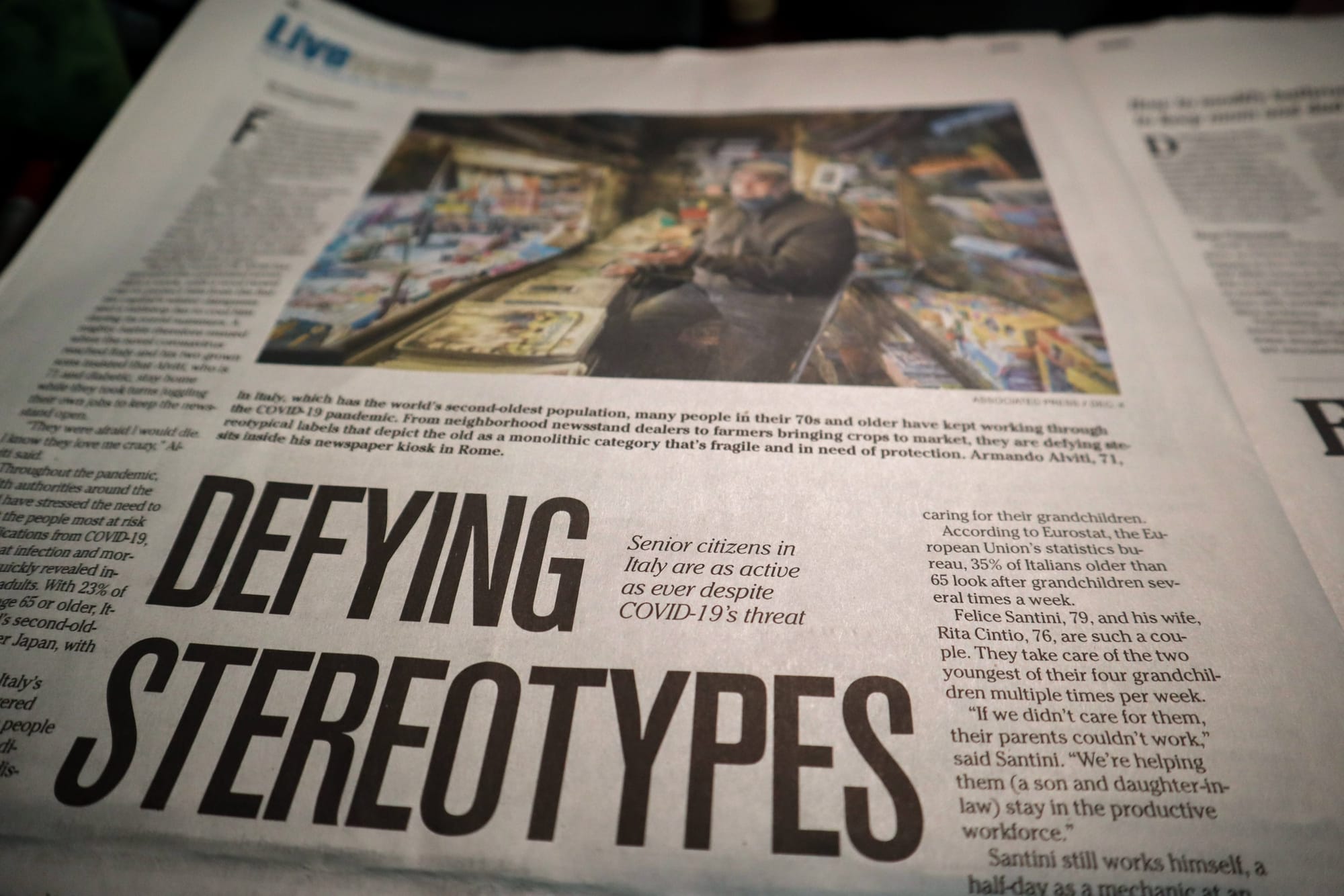Revitalizing Innovation Policy: A Call for Transformative Change in Educational Policy

By Thanasis Stathopoulos
In their thought-provoking article titled "Three frames for innovation policy: R&D, systems of innovation and transformative change," Schot and Steinmueller delve into a comprehensive analysis of innovation policies, highlighting their historical evolution and proposing a paradigm shift towards transformative change. The authors argue that the traditional frameworks of innovation policy, namely "innovation for growth" and "national systems of innovation," have historically fallen short in addressing critical externalities, particularly those related to social and environmental goals outlined by international bodies like the UN and the SDGs. The first framework, "innovation for growth," traces its roots to post-World War II industrial R&D, primarily geared towards developing mass-production products. Similarly, the second framework, "national systems of innovation," emphasizes local, regional, or sectoral collaboration to enhance entrepreneurship, focusing on smaller entities that could potentially partner with or subcontract for larger industries. However, both models have been criticized for neglecting the broader societal impacts of their innovations. Schot and Steinmueller advocate for a transformative change in the third framework, aligning with current needs and international priorities. This proposed framework seeks to address the unanswered challenges posed by the social and environmental goals set by the UN's Sustainable Development Goals (SDGs). The authors stress the necessity for further research into this transformative approach, emphasizing that its focus should be on substantive change rather than mere transactions.
To implement this transformative framework effectively, the authors underscore the importance of forging new institutional arrangements and governance structures that transcend traditional boundaries between governments, markets, and civil society. They argue for a concerted effort to connect existing institutions more effectively and coordinate toward the goals of the third framing, necessitating a fresh set of skills that bridge social sciences with science, technology, engineering, and mathematics (STEM) fields. Moreover, Schot and Steinmueller propose embracing the emerging practice of responsible research and innovation, coupled with a fundamental reorientation of education policy and pedagogy. They argue that cultivating inclusive ideas about social welfare and addressing a diverse range of social and environmental needs are crucial for the successful redesign of socio-technical systems through innovation policies. In conclusion, the authors present a compelling case for reevaluating and reshaping innovation policies, calling for a more holistic and transformative approach that aligns with contemporary global challenges. Their vision encompasses not only new institutional structures and interdisciplinary skills but also a fundamental shift in education and research practices to build a future that truly prioritizes social and environmental well-being. In the realm of reshaping educational approaches to innovation, Social Food stands as a pioneering example, particularly in the intersection of food safety and innovation. Social Food's unique educational model emphasizes a robust integration of social science perspectives into the domain, offering a transformative learning experience for industries. By placing a strong emphasis on the societal implications of food safety and innovation, Social Food's approach aligns seamlessly with the advocated shift in innovation policies proposed by Schot and Steinmueller. This educational initiative not only recognizes the importance of interdisciplinary collaboration between social sciences and STEM fields but actively fosters an environment that encourages the exploration of inclusive ideas and the consideration of diverse social needs. As industries navigate the complexities of innovation policies, the Social Food educational approach serves as a beacon, demonstrating the practical implementation of the transformative change envisioned by the authors. By instilling a deep understanding of the societal dimensions of food safety and innovation, Social Food contributes to the broader goal of creating more responsible and sustainable socio-technical systems. In essence, Social Food stands at the forefront of educational initiatives, providing a model that not only complements the proposed shifts in innovation policies but also actively contributes to the development of a future where industry practices align with the broader goals of social welfare and sustainability.
-
References
Schot, Johan Steinmueller, W.. (2018). Three frames for innovation policy: RD, systems of innovation and transformative change. Research Policy. 47. 10.1016/j.respol.2018.08.011.
Thanasis Stathopoulos is a Food Science and Technology MSc, Science and Technology Studies MSc,
PhD candidate - History of Technology of Food Packaging